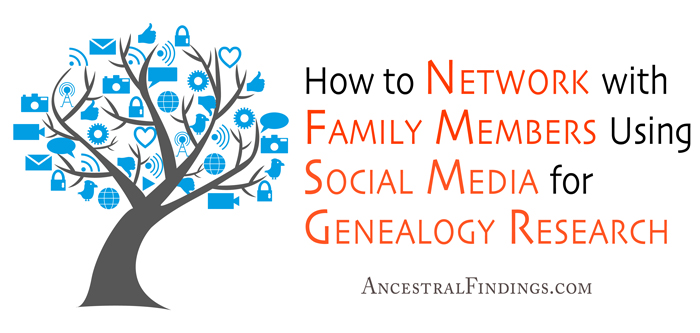Once you’ve become hooked on genealogy research, it makes sense that you would want to share your discoveries with other family members. In fact, you may be dying to know if they have any tidbits of family history that they can share with you. Unfortunately, many family researchers run into an obstacle on their journey to create their tree: the hesitant family members.
We all have one of them (or five, but who’s counting?). They are disinterested at best or – at worst – think the entire process is silly or a waste of time. It can be difficult to understand, especially once you are caught up in the fun of solving your family’s historical mysteries, why or how anyone wouldn’t be excited by knowing more about their roots. There are strategies to help you bring them into the fold so that you can share and exchange information with them and perhaps even turn their interest in the process up a notch.
Reaching your Elders
Those in the family who are older than you may have the information you’re needing. Chances are, they just do not understand why you are interested. One of the things you can do is make them feel that what they can share with you is important information and only they can help. This isn’t lip service; it is completely true: no excessive flattery necessary. Well, you can butter them up a bit, but their stories actually are very important to you so your need for them isn’t insincere.
A problem that you can run into is having very limited information at the beginning of your search. Sometimes an aspiring family history expert can have branches all over the place on one side of the tree but hit a roadblock early on in another branch. When your disinterested relative is on the side with all the missing information, you may be almost desperate to get them engaged so that you can get past that one relative who seems to be a ghost.
Conversation Leads to Engagement
Making your elders feel important is not only complimentary but also great road into what they know. Perhaps one of your other relatives gave you photos you could show your reluctant relative in order for you to get them talking and feeling nostalgic. Ask for their help and let them know clearly that their assistance is valued. You can ask questions such as (of course, replace these facts with ones that apply to your tree):
- Did you know your great-grandmother when you were young? What was she like?
- Do you have photos of the family that I may see?
- Do you know if your grandfather attended a church or where he is buried?
- Do you know if there are any letters, documents, family Bibles that are in someone’s possession?
If that doesn’t loosen their lips, try sharing some interesting information about what do you already know. Do you have a famous person in your tree? A criminal or a run-away? Perhaps you have a Great-Great Uncle who died in childhood that no one ever mentions. You can start a, “Did you know?” conversation about that person. It is possible that your hesitant relative knows more than you realized.
Connections and Micro-Tasking
Many relatives, young and old, are now on social media. Creating a family conversation group online and inviting them all into the fold is a way to start a conversation. Get everything you know so far into a document or online tree that you can share with them. Upload digital versions of any photographs you have collected so that everyone can see them and comment. Get as many willing and interested relatives in the group chatting about it as you can. Even the toughest nut to crack in the group may be willing to correct someone when they are wrong about a fact!
Whether through social media or not, ask favors of both the willing and the unwilling family members. Do they live in the town where some of the family settled? If they have access to the genealogical section at a local library or historical society, ask them to do lookups. If the reluctant ones refuse, accept their choice graciously. Share what the willing members uncovered with the unwilling ones.
Unless you run into blatant hostility from those who really are reluctant, continuing to involve them – even passively – can make all the difference when softening them and getting them to the point where they are interested in what you find out next.

